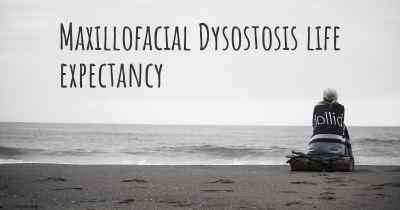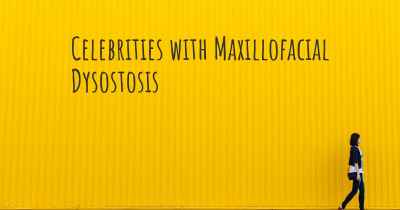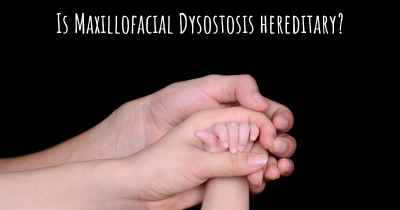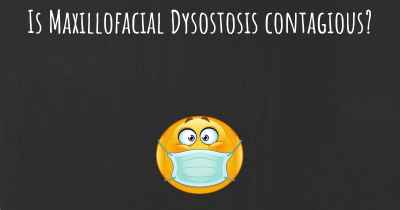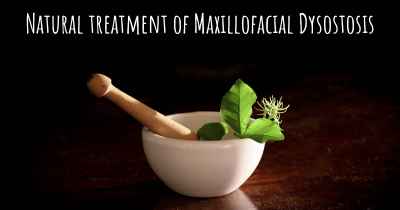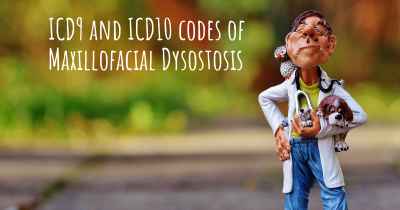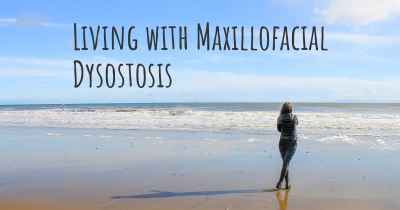What are the best treatments for Maxillofacial Dysostosis?
See the best treatments for Maxillofacial Dysostosis here

Maxillofacial dysostosis, also known as Treacher Collins syndrome, is a rare genetic disorder that affects the development of facial bones and tissues. It can lead to various physical abnormalities, including underdeveloped cheekbones, jaw, and chin, as well as hearing loss and breathing difficulties. While there is no cure for maxillofacial dysostosis, there are several treatments available to manage its symptoms and improve the quality of life for affected individuals.
1. Surgical interventions: Surgery plays a crucial role in the treatment of maxillofacial dysostosis. It aims to correct facial deformities, improve breathing, and enhance hearing. Craniofacial reconstruction is often performed to reconstruct the facial bones and create a more balanced appearance. This may involve bone grafting, jaw advancement, or chin augmentation. Additionally, surgeries can address ear abnormalities, such as the placement of hearing aids or cochlear implants to improve hearing.
2. Speech therapy: Many individuals with maxillofacial dysostosis experience speech difficulties due to the structural abnormalities in their facial bones and muscles. Speech therapy can help improve articulation, resonance, and overall communication skills. Therapists work closely with patients to develop exercises and techniques that enhance speech clarity and intelligibility.
3. Dental care: Dental issues are common in individuals with maxillofacial dysostosis. Malocclusion, missing teeth, and overcrowding are often observed. Regular dental check-ups, orthodontic treatments, and dental prosthetics can help address these problems. Dentists specializing in craniofacial anomalies can provide tailored dental care to ensure proper oral health and function.
4. Hearing aids and assistive devices: Many individuals with maxillofacial dysostosis experience hearing loss or deafness. The use of hearing aids, bone conduction devices, or cochlear implants can significantly improve hearing abilities. These devices are customized to suit the individual's specific needs and can greatly enhance their communication and overall quality of life.
5. Psychological support: Living with maxillofacial dysostosis can present emotional and psychological challenges. Individuals may face self-esteem issues, social stigma, and difficulties in coping with their condition. Psychological support, such as counseling or therapy, can help individuals and their families navigate these challenges, build resilience, and develop coping strategies.
6. Ongoing medical care: Regular medical follow-ups are essential for individuals with maxillofacial dysostosis. Specialists, including craniofacial surgeons, otolaryngologists, orthodontists, and audiologists, should be involved in the long-term management of the condition. This ensures that any emerging issues are promptly addressed and appropriate treatments are provided.
While the treatments mentioned above can significantly improve the quality of life for individuals with maxillofacial dysostosis, it is important to note that each case is unique. Treatment plans should be tailored to the individual's specific needs and may involve a multidisciplinary approach involving various healthcare professionals.
